CPE is excited to fund this cohort of Climate Solutions Scholars: 13 graduate student researchers, each from different departments across three campuses, will be tackling research related to Just Transitions, Carbon and Measuring, Modelling and Markets. Learn more about the CPE graduate researchers below!

Benjamin Rommelaere
Economics
“My research will investigate the impact of biomass energy subsidies on forest carbon flux in the US Southeast. To achieve this, I will analyse key decisions in the industry including land use, harvesting, and mill investments, utilizing detailed forestry industry data to model mill and landowner behaviour. By combining the disciplines of economics and environmental science, I aim to assess the carbon consequences of biomass energy subsidies to better inform renewable energy policies worldwide.”
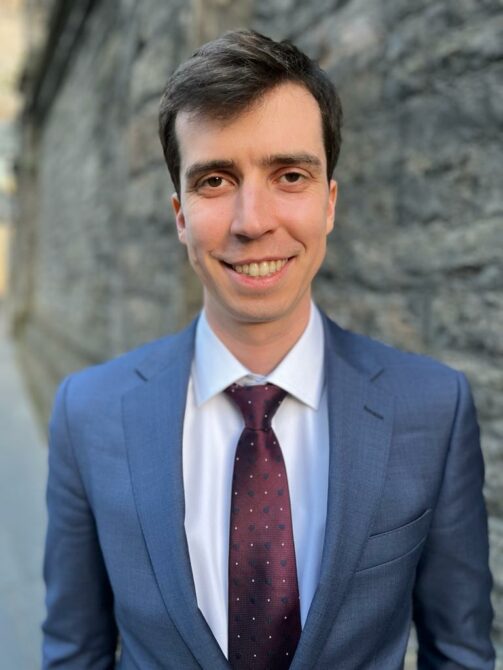
Eric Alexander Chadwick
Mechanical & Industrial Engineering
For the remainder of Eric’s PhD studies, he plans to explore the impacts of gravity on liquid water accumulation and performance degradation in low-temperature hydrogen fuel cells. He will also characterize the potential of porous flow fields with tailored microstructures and surface treatments on liquid water management in fuel cells via CT imaging. Eric’s research goals are to contribute to the global adoption of hydrogen technologies to improve renewable energy storage infrastructure and reliability.

Harshit Gujral
Computer Science and School of the Environment
“Forward-looking public policies are needed to ensure a just transition, and by quantifying the health co-benefits of sustainable infrastructure, we can build a strong argument for them. I aim to quantify the health co-benefits of Electric vehicle (EV) sales using observational data across the US using a combination of statistical and explainable machine learning approaches. By quantifying these effects, we aim to strengthen the argument for broader adoption of Zero-emission vehicle (ZEV) mandates.”

Jon-Paul Mastrogiacomo
Physics and School of the Environment
Jon-Paul is a PhD candidate in the Department of Physics under the supervision of Prof. Debra Wunch. His research focuses on estimating anthropogenic methane emissions using satellite measurements. He is developing a new data-driven technique for inferring emissions from cities by leveraging coincident measurements of other greenhouse gases. He is also investigating regional methane fluxes in Southern Ontario with chemical transport modelling and inversions of satellite observations.

Marc Calabretta
Political Science
“Nature-based Solutions are a novel approach to climate adaptation, but we lack coherent frameworks for assessing whether Nature-based Solutions are producing effective and meaningful results. I seek to undertake a comparative analysis of different assessment frameworks used in Canada to monitor and evaluate Nature-based Solutions projects. This research will contribute to the development of scrupulous and regionally relevant impact assessment frameworks that can rigorously evaluate the consequences of Nature-based Solutions for people and the planet.”

Olivia Doggett
Faculty of Information
To fulfill Canada’s commitment to a just transition for tackling climate change, we must make unified and balanced decisions regarding food system management. Over the next year, Olivia will support this mission through continuing her community-engaged, multidisciplinary research, which will include an audit of clean energy agricultural technologies in Canada and two participatory design workshops: one with migrant farmworkers and the other relevant stakeholders, resulting in policy and design recommendations for a just transition.
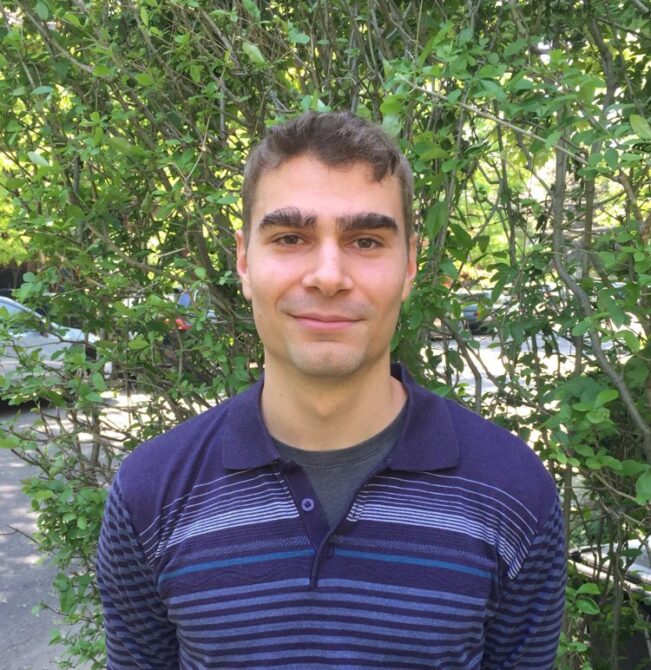
Eloi Grignon
Chemistry
“In conventional carbon capture systems, a nucleophilic sorbent binds CO2 and must be regenerated through a pressure or temperature swing. By contrast, emerging electrochemical methods achieve the capture and release of CO2 through redox-active mediators whose nucleophilicity or basicity can be enabled/disabled via electrochemical swings. Through CPE’s Climate Solutions Scholarship, I will work on the design, synthesis, and evaluation of organic mediators with the goal of improving their long-term stability.”

Erin Sullivan
Kinesiology and Physical Education
“To challenge the impact of ecological colonialism and capitalist imperialism in sport spaces, my research project will use a combination of critical sport and animal studies to critically examine the role that colonialism and speciesism play in (re)producing environments in which climate positive energy systems are not possible while white supremacist, capitalist, and anthropocentric understandings of the earth persist.”
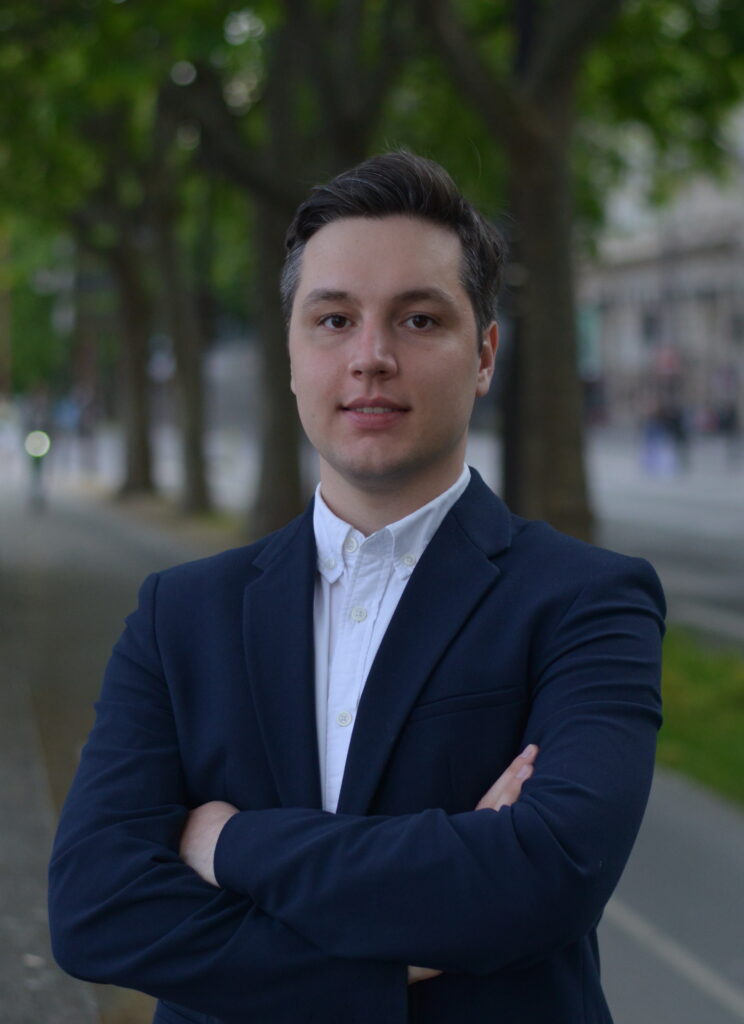
Ihor Neporozhnii
Physical and Environmental Sciences – UTSC
Ihor is currently a second-year Ph.D. student in the Department of Physical and Environmental Sciences. After completing his honours B.Sc. degree in Physics at the Taras Shevchenko University of Kyiv, Ihor joined Clean Energy Lab at the University of Toronto, where he works under the supervision of Professor Oleksandr Voznyy. Ihor’s research focuses on accelerating the discovery of materials for clean energy applications with machine learning. Specifically, he develops techniques to predict the electronic structure of materials, aiming to improve renewable energy generation and storage.

Lih Wei Yeow
Civil & Mineral Engineering
Lih Wei’s research examines the economic and material use implications of zero-emission heavy-duty trucks to inform policymaking in the tough-to-decarbonize sector. By integrating life cycle and techno-economic assessment tools and material flow analyses, the research findings will have broad applications across regions seeking to mitigate emissions from the economically-vital sector in line with climate targets.
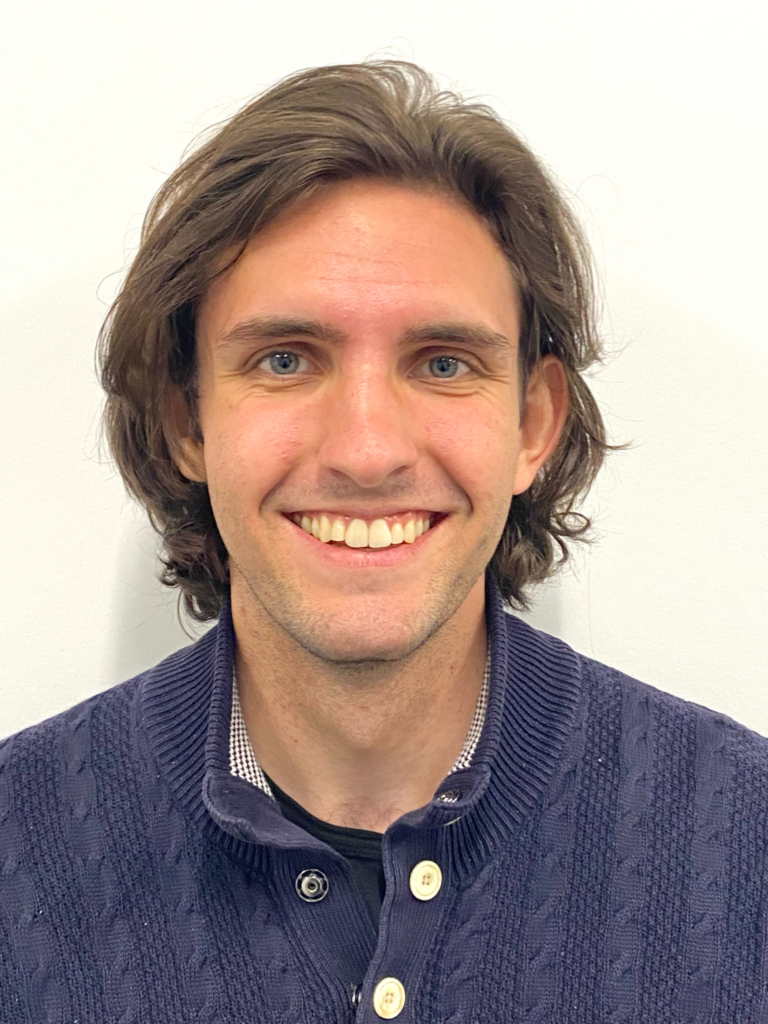
Mark Spahl
Chemical Engineering and Applied Chemistry
“The goal of my research project is to develop a novel biosynthesis pathway in Pseudomonas putida to convert waste lignin into adipic acid. The proposed process can theoretically produce adipic acid while emitting 60-80% less CO2 equivalents and consuming 20% less energy than conventional methods. My work explores the use of enoate reductase enzymes to synthesize adipic acid from the endogenous muconate pathway, with future aims including enzyme engineering and host development using genetic interventions.”
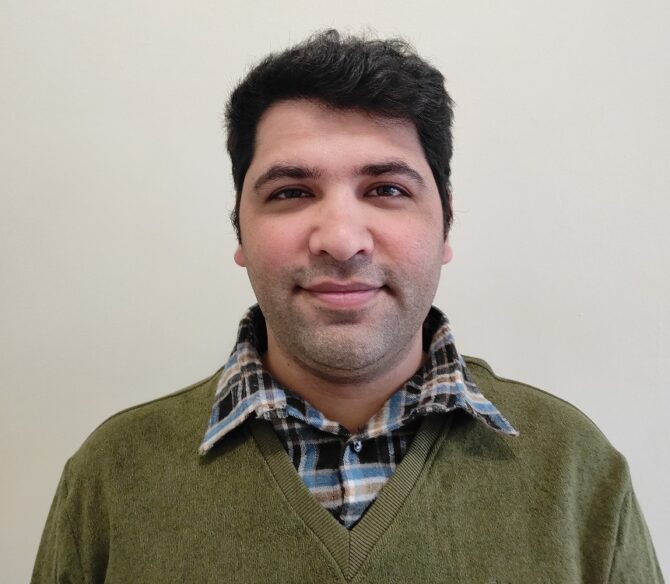
Omid Ghadirian Baharanchi
Faculty of Forestry
“I will adopt a comprehensive approach, integrating system dynamics, agent-based modeling, and artificial intelligence, to simulate and analyze the complex dynamics of the timber market’s supply and demand. The primary objective is to examine a range of policies that can achieve a harmonious equilibrium between timber harvest and the crucial ecosystem service of carbon storage, considering the uncertainties associated with climate change.”
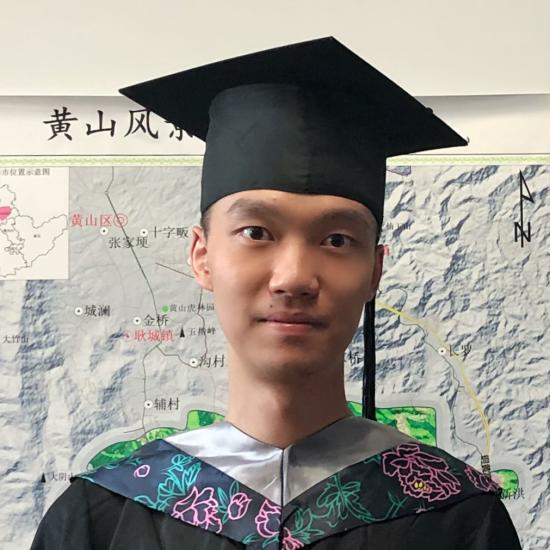
Shuhao Xu
Geography, Geomatics, & Environment – UTM
“I am segmenting vegetation patches from urban backgrounds in GTA, estimating their current carbon fixing capacities, and exploring their potential under futural environmental settings using deep learning and ecological modeling.”